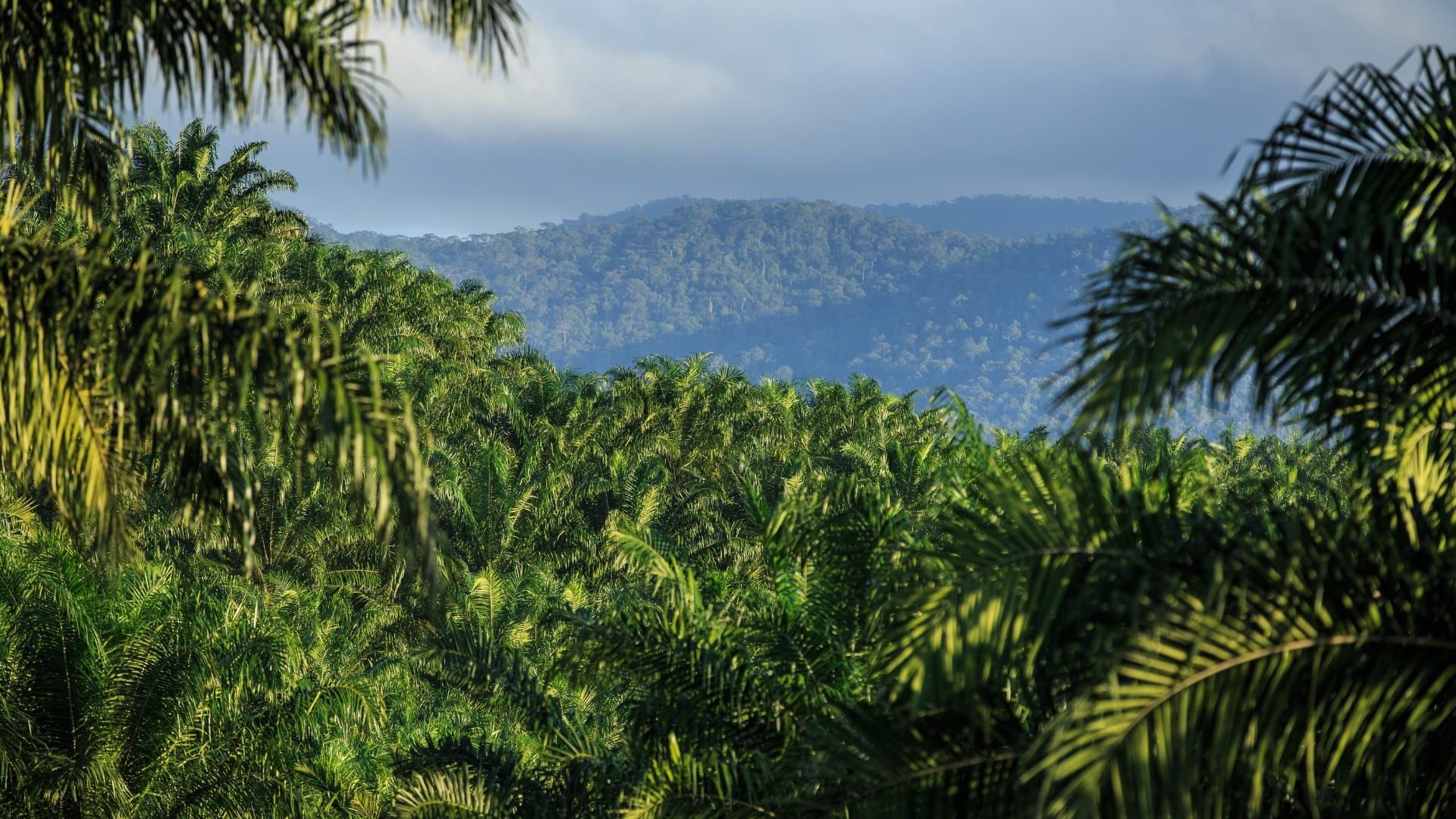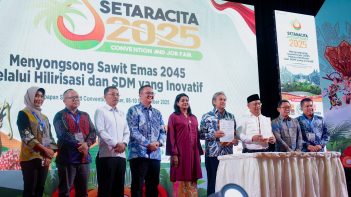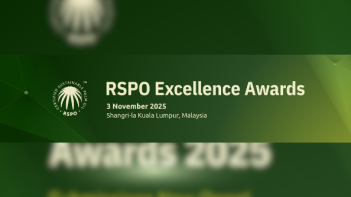QUITO (Ecuador), March 30, 2017 – The Roundtable on Sustainable Palm Oil (RSPO) congratulates the Ecuadorian national government, civil society and the producers of palm oil, after signing the commitment to continue the process of RSPO Jurisdictional Certification, placing them as pioneers in Latin America. This decision marks a very important step in the future of sustainable palm oil production in the region. The RSPO supports the decision of the Ecuadorian government and sees great benefits in the medium and long term.
Jurisdictional certification is a more structured approach to previous efforts to establish sustainable practices within the sector. With the commitment of the Ecuadorian government to adopt and implement the RSPO principles and criteria at the national level, it ensures the inclusion of all stakeholders in the production chain, from the smallholders, to the big palm oil companies, so that everyone can reach the goal of sustainable palm oil production.
This decision by the Ecuadorian government has the potential to inspire other countries to follow in the same steps. The signing of the MOU was the most relevant point of the “International Workshop on Juridical Approaches in Palm Production Areas: Concepts, Challenges and Opportunities”, held on March 28 and 29, 2017. The workshop, organized by WWF, Ministry of Environment, Ministry of Agriculture, Livestock, Aquaculture and Fisheries and RSPO, marks the beginning of a joint effort with various stakeholders, many of the members of the productive chain, civil society and state institutions, who have expressed their will and commitment to move forward towards sustainable palm oil production, based on the RSPO standards. This inter-institutional, inter-sectoral structure which will monitor these actions will facilitate the achievement of Jurisdictional Certification.
This commitment involves diverse stakeholders such as, the Ecuadorian Government with it Ministries of Environment and Agriculture; The National Association of Palm Oil Growers, Conservation International, World Wild Fund for Nature – WWF, Palm Oil producing and private processors groups, Foundation of Promotion of Exports of Palm Oil – FEDAPAL, Decentralized Autonomous Governments (GADs), Communities; The Roundtable on Sustainable Palm Oil – RSPO and civil society organizations.
Darrel Webber, CEO of RSPO commented: "This is a visionary initiative for a palm oil producing country. The challenges will be substantial, but so too will be the long-term rewards. The Multi-stakeholder collaborative approach, taken here, will be the key in bringing this initiative across the finish line. "
Carol Chehab, deputy minister of the Ministry of Agriculture, Livestock, Aquaculture and Fisheries added that: "For the Ministry of Agriculture, Livestock, Aquaculture and Fisheries of Ecuador, the opportunity to achieve RSPO jurisdictional certification is a great motivation to continue with the transformation of the oil palm chain in a productive, environmentally sustainable and socially inclusive way. "
This is the first step towards national adoption of sustainable standards, principles and practices, which will undoubtedly govern the production and marketing of palm oil in the world, placing Ecuador at the forefront of other countries in the region, which will adopt similar processes to ensure that its production continues to be considered at the international level of the palm oil market.
Keep reading
RSPO accepted in the Netherlands as a private control system for EUDR

RSPO x JaSPON Conference and Member Engagement Forum 2025 Spotlights Japan’s Sustainability Success and Market Growth
Call for Expression of Interest: Independent Investigation of a Complaint
Call for Expression of Interest: Mexico National Interpretation Task Force for 2024 RSPO Principles and Criteria (RSPO P&C) and Independent Smallholder (ISH) Standard

RSPO–APKASINDO Partnership to Boost Inclusive Growth, Certification, and Market Access for Oil Palm Smallholders

Open Letter to COP30 President: Integrating Forests and Biodiversity: A Policy Central to Paris Agreement Success

Bridging the Auditing Divide: Key Takeaways from the RSPO Assurance Forum 11

Extension of RSPO Excellence Awards 2025 Submission Deadline!





